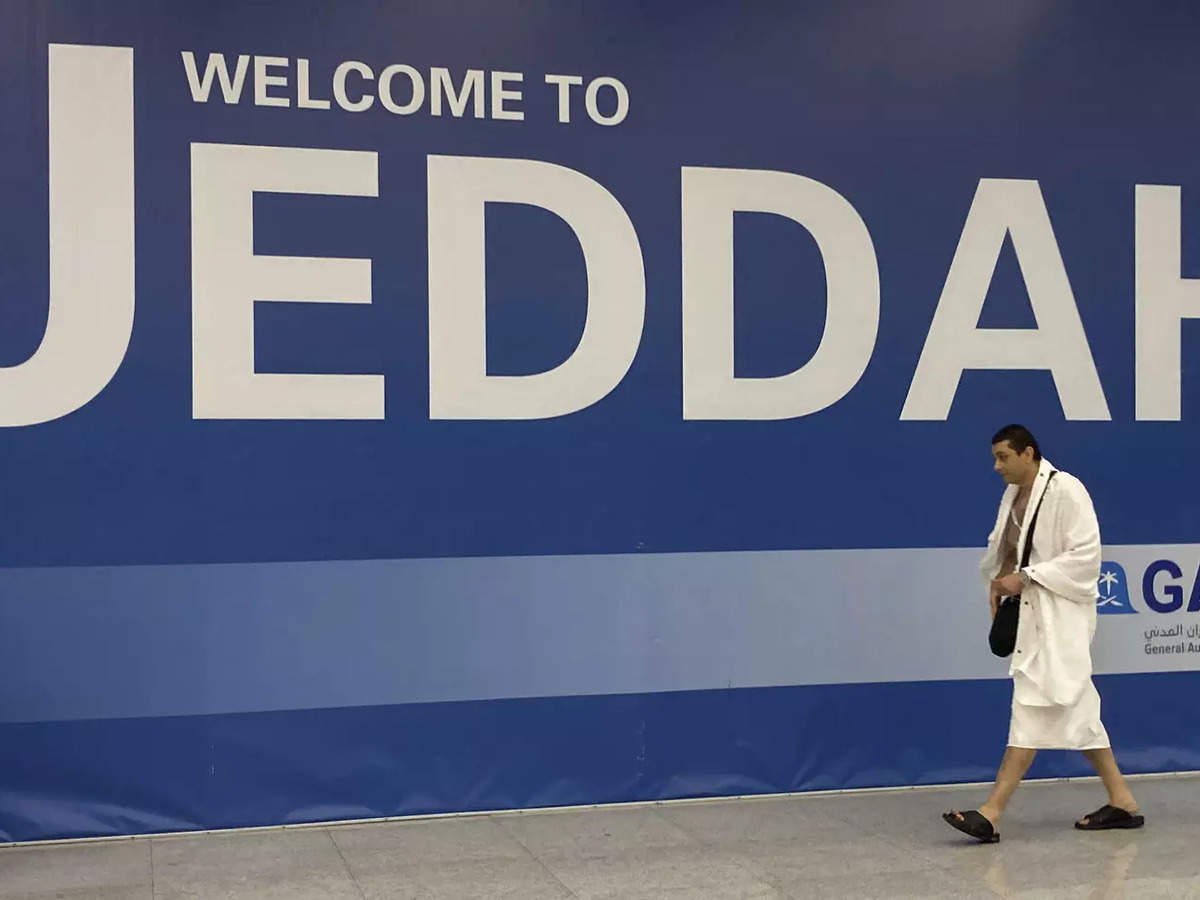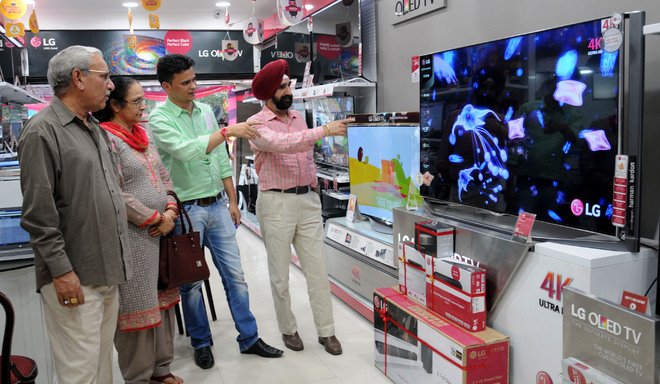
article on the impact of rising solar panel prices on the African solar industry.
Rising solar panel prices are taking a toll on the African solar industry, with installers feeling the pinch. Chinese manufacturers have warned that they will pass on escalating component costs, and shipping expenses have been soaring since last summer. As a result, the rising price of solar is forcing some installers to redraft quotes.
Jiangsu Caisheng New Energy Technology Co., Ltd., which was established in 2017, has been impacted by the rising prices. The company produces a range of solar products, including solar panels, solar street lamps, energy storage batteries, inverters, wires and cables, meter boxes, and photovoltaic support, for both import and export business.
The African solar industry is growing at an unprecedented rate. A World Bank report indicates that the economic potential of solar energy in Africa is enormous, with the continent having the potential to produce more than 10 terawatts of solar power. This is equivalent to more than 40 times the current total installed generation capacity of the continent. However, despite this enormous potential, the high cost of solar panels is hampering the growth of the industry.
According to the same report by the World Bank, solar panels make up 60-70% of a solar project's total installation cost. Therefore, the cost of panels has a significant impact on the cost of the entire solar project. The price of solar panels has been rising as a result of a shortage of polysilicon, a critical component used in the manufacturing of solar panels. The shortage was caused by several factory shutdowns and natural disasters, such as a severe winter storm in Texas in February of this year.

The rise in solar panel prices is affecting not only the African solar industry but also the industry worldwide. The cost of installing solar panels in the United States increased by 7% in the first quarter of 2021 compared to the same period in 2020. In India, the total cost of solar projects has increased by 15-20% due to the rising panel prices.
China, where most of the world's solar panels are manufactured, has increased the prices of solar panels by 20-30% this year. Chinese manufacturers have also been warning customers that they will pass on escalating component costs. These rising prices are impacting not only the solar industry but also the overall electronics industry as the cost of computer chips and other components has also increased.
Investors in the African solar industry are also feeling the impact of rising panel prices. As the cost of installation increases, the return on investment of solar projects decreases. This decrease in returns can deter investors from investing in the African solar industry. The sector has already been facing challenges in attracting investment due to a lack of government incentives and a lack of access to capital.
In conclusion, the rising prices of solar panels are taking a toll on the African solar industry. Solar panels make up a significant portion of the total installation cost, and the shortage of polysilicon has caused the prices to rise. The increasing panel prices are hampering the growth of the African solar industry, deterring investors from investing in solar projects and leading to a decline in returns. As the cost of installing solar panels continues to increase, governments and industry stakeholders need to find new ways to make solar energy more affordable and accessible to African communities.